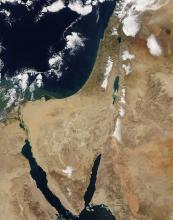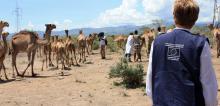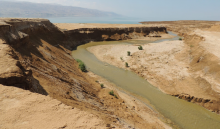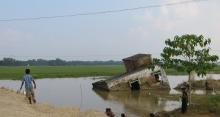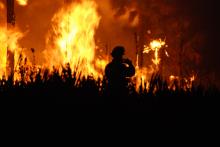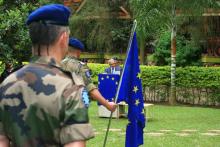On 2 September 2021, the Planetary Security Initiative of the Clingendael Institute along with partner organization EcoPeace Middle East organized a digital dialogue ”Climate change: Entry point for regional peace in the wider Middle East?” Four distinguished speakers from the MENA region reflected on the potential options for environmental peace



